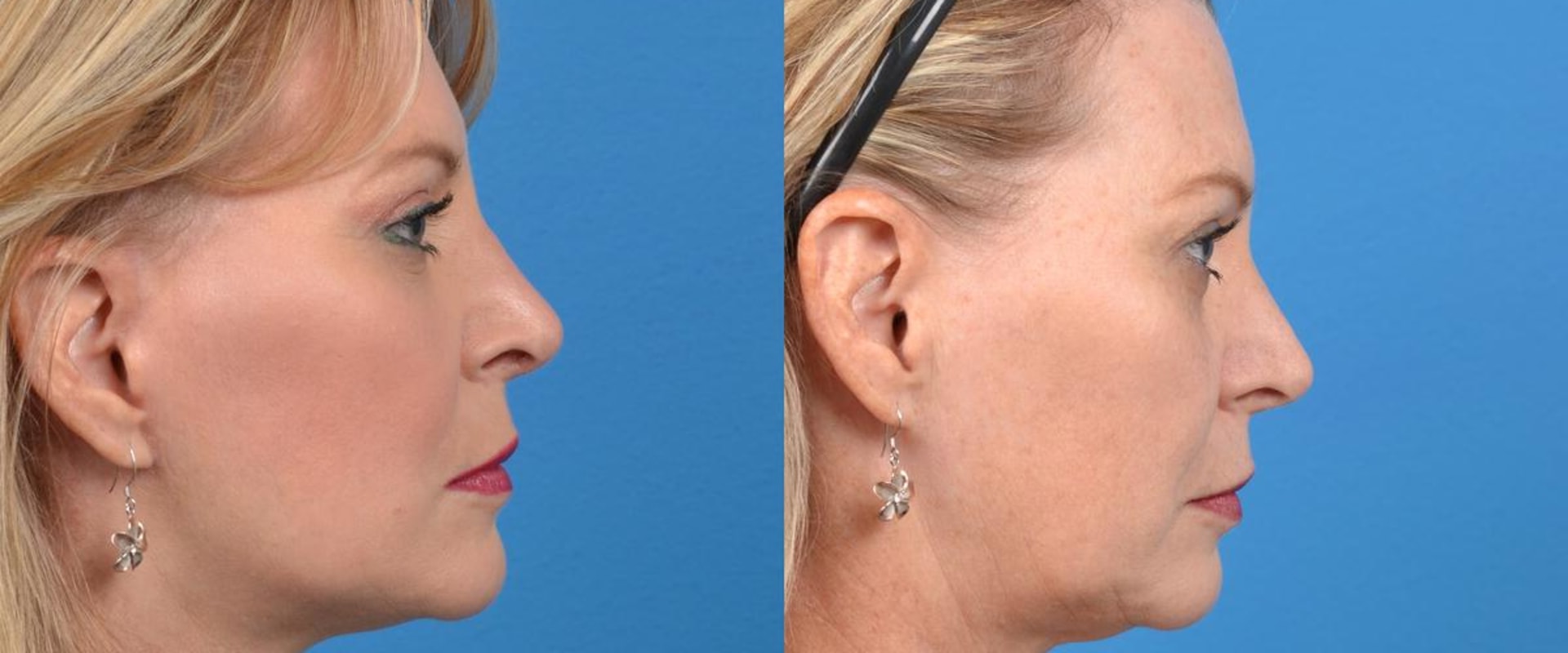Plastic surgery is a wide-ranging field of medical practice that seeks to restore the body's normal appearance and function, while cosmetic surgery is exclusively focused on aesthetic procedures. Many plastic surgeons offer cosmetic services in their offices, leading to confusion between the two. It's important to understand that cosmetic surgery and plastic surgery are closely related specialties, but they are not the same. A big problem for many people is that a cosmetic surgeon and a plastic surgeon can be combined. In reality, there is often significant overlap between reconstructive plastic surgery and cosmetic plastic surgery, since they share many of the same underlying surgical principles.
No matter what type of plastic surgery is being performed, the ultimate goal should always include maximizing the cosmetic result as much as possible. Patients should discuss the anticipated cosmetic result with their surgeon in advance to ensure that appropriate expectations are met. The simplest answer is that cosmetic surgery is a type of plastic surgery. Plastic surgery covers both cosmetic and reconstructive surgery and surgeries that treat burns, hands, head and face. Microsurgery is also a type of plastic surgery.
Plastic comes from the Greek word “plastikos”, which means “to mold”. During plastic surgeries, the face and body are “shaped” by a highly qualified doctor. Reconstructive plastic surgery may be covered by insurance, while cosmetic plastic surgery is elective and generally not covered. Any doctor, from a dermatologist to an oral surgeon, can call themselves cosmetic surgeons. A bigger problem than knowing the difference between surgeons is that many people seek cosmetic procedures from professionals who are not cosmetic surgeons. Cosmetic or cosmetic surgery is what most people think when they hear the term plastic surgery, and those are procedures that are performed to improve a person's appearance and improve their self-esteem.
Plastic and cosmetic surgery can include surgical, minimally invasive, or even non-surgical procedures. To find the doctor most qualified for a specific cosmetic procedure, you should compare the training, experience, and proven competence of general practitioners (residency and post-residency) with respect to that specific cosmetic procedure. The difference between a plastic surgeon and a cosmetic surgeon is not in the procedures they offer, but in the surgeon's qualifications to perform those procedures. Dr. Alan Matarasso, President of the American Society of Plastic Surgeons (ASPS), explains that while cosmetic surgery is a type of plastic surgery, cosmetic surgeons can only perform cosmetic procedures. Matarasso, who only performs cosmetic procedures, sees daily patients who had a procedure but who were not ideal candidates for it. ABPS provides plastic surgery certification under the American Board of Medical Specialties, which has maintained standards since 1933. To ensure you're getting quality care from a qualified professional, make sure your surgeon is certified by the American Board of Plastic Surgery.







